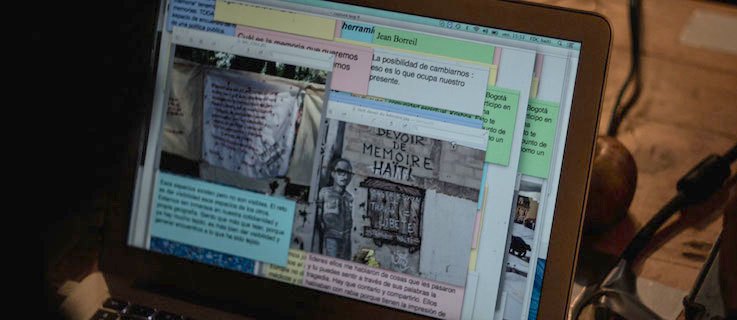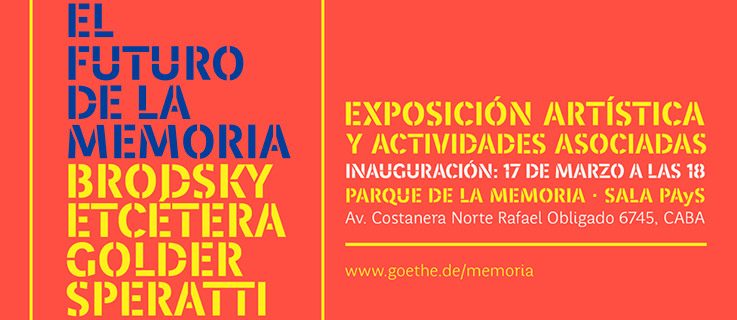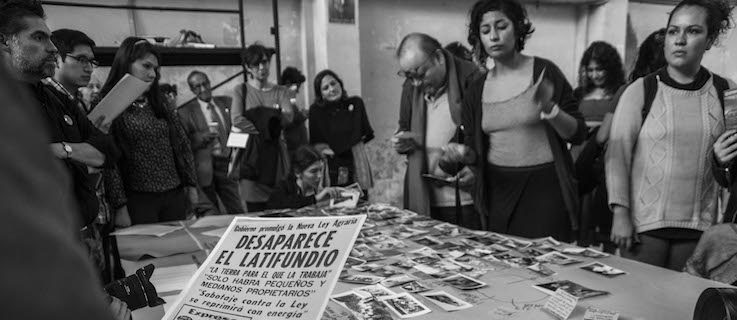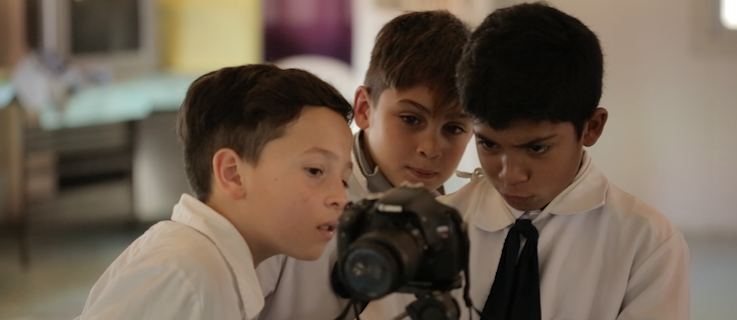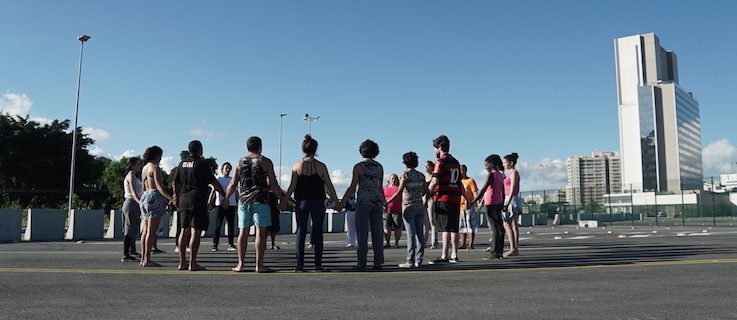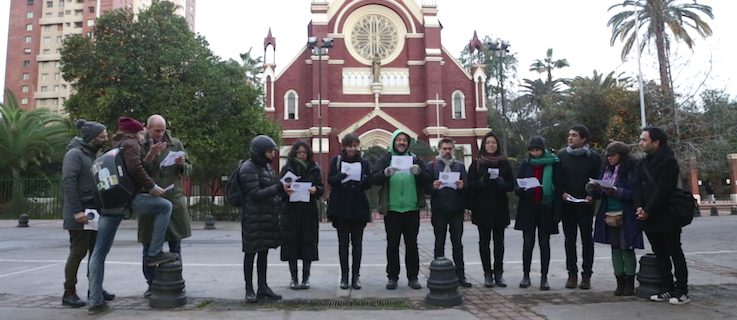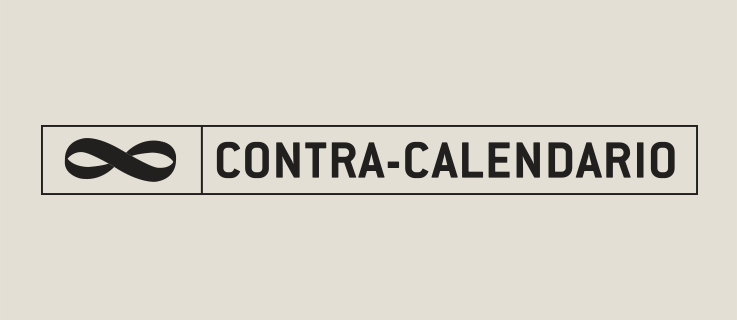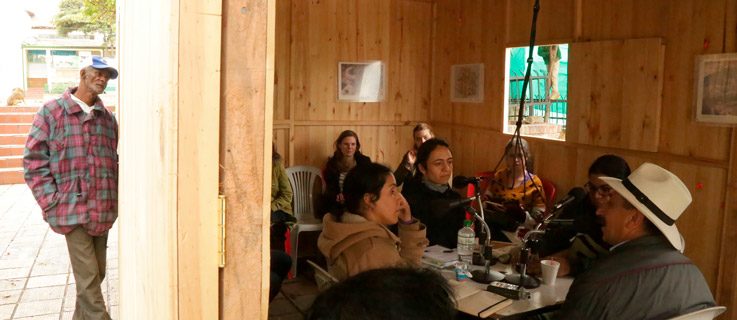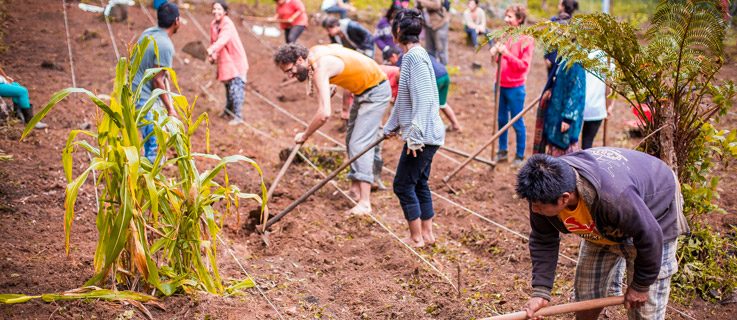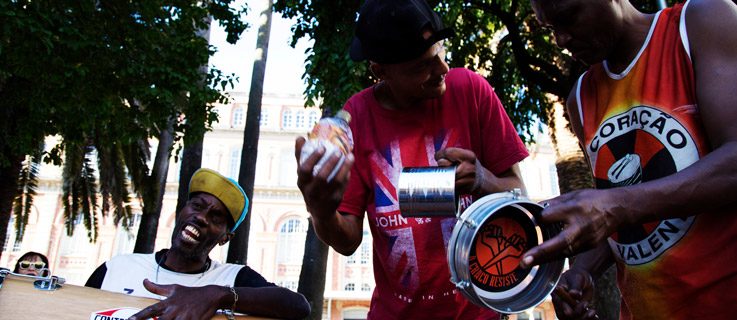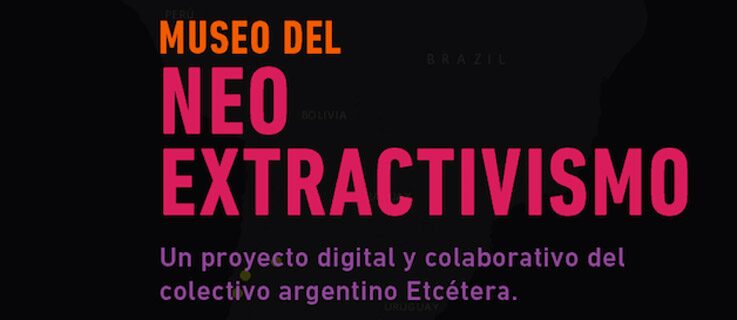The Future of Memory
Concept
In recent decades, dictatorships, armed conflicts and violence have left their mark on the majority of countries in South America, and processes of historical memory building carried out in Colombia, Brazil, Uruguay, Chile, Peru and Argentina are ongoing. Regardless of where and when they began in each country, these processes continue to produce grounds for disputes, antagonisms and tensions between different narratives and, uses and abuses of memory.
What do we remember as individuals, as a society? What do we forget? How will we remember in the future? Is memory an unalterable record of the past or rather a changing and dynamic process? Initiated by the Goethe-Institut, The Future of Memory is conceived in the hope of creating an alternative space to ponder these and many other questions. Above all, The Future of Memory is a regional, transdisciplinary and continuous dialogue which seeks to recognize and generate other artistic forms and modalities also key in the debate on memory and oblivion in South America.
Aimed at students, artists, academics, activists, curators and the general public, The Future of Memory takes place in seven cities throughout the continent. A diverse group of agents, among them artists, thinkers, social movements and memorials, will be able to interact, think and operate poetically and collaboratively throughout this year and the next. The implementation of the peace process in Colombia inspired the project and, therefore, the traces left by the armed conflict will be the starting point of the activities in Bogotá.
More than 7,000 kilometers to the south, in São Paulo, three social movements will be invited to choose a ritual and, using this as point of departure, propose a counter-memory. Rio de Janeiro will address the territorial memory and social struggles of a community forced to disappear. Montevideo will confront the analog and digital in a creative and collective work that seeks to update the past, while Santiago de Chile will reflect on the relationship between memory and public space from sound files that propose a new way of touring the city.
In Lima, theatre has been the language chosen to critically reconstruct a series of events from Peru’s recent history. And, meanwhile, Buenos Aires will carry out an exercise of imagination that will interrogate the future from the present and its relation with the Argentine past. In the end, this exchange will attempt an understanding of the differences as well as common questions, product of the numerous artistic practices of the region, to propose new horizons of meaning in the reflection and action on memory and oblivion.
curatorial team
Mapa Teatro (Bogotá)Gabriela Golder, Mariano Speratti, Marcelo Brodsky, Loreto Garín y Federico Zukerfeld (Buenos Aires)
Colectivo Hornero Migratorio y Área de Investigación Histórica del Archivo General de la Universidad de la República (Montevideo)
João Paulo Quintella y Shana Marques Prado dos Santos (Rio de Janeiro)
Colectivo SonidoCiudad (Santiago de Chile)
Benjamin Seroussi y Clara Ianni (São Paulo)
partners
Museo Sitio de Memoria ESMA, ex-centro clandestino de detención, tortura y exterminio (Buenos Aires)Parque de la Memoria (Buenos Aires)
Centro Cultural de la Universidad del Pacífico (Lima)
Lugar de Memoria y Centro Cultural Casa do Povo (São Paulo)
Observatorio de Poéticas Sociales. Universidad Jorge Tadeo Lozano (Bogotá)

